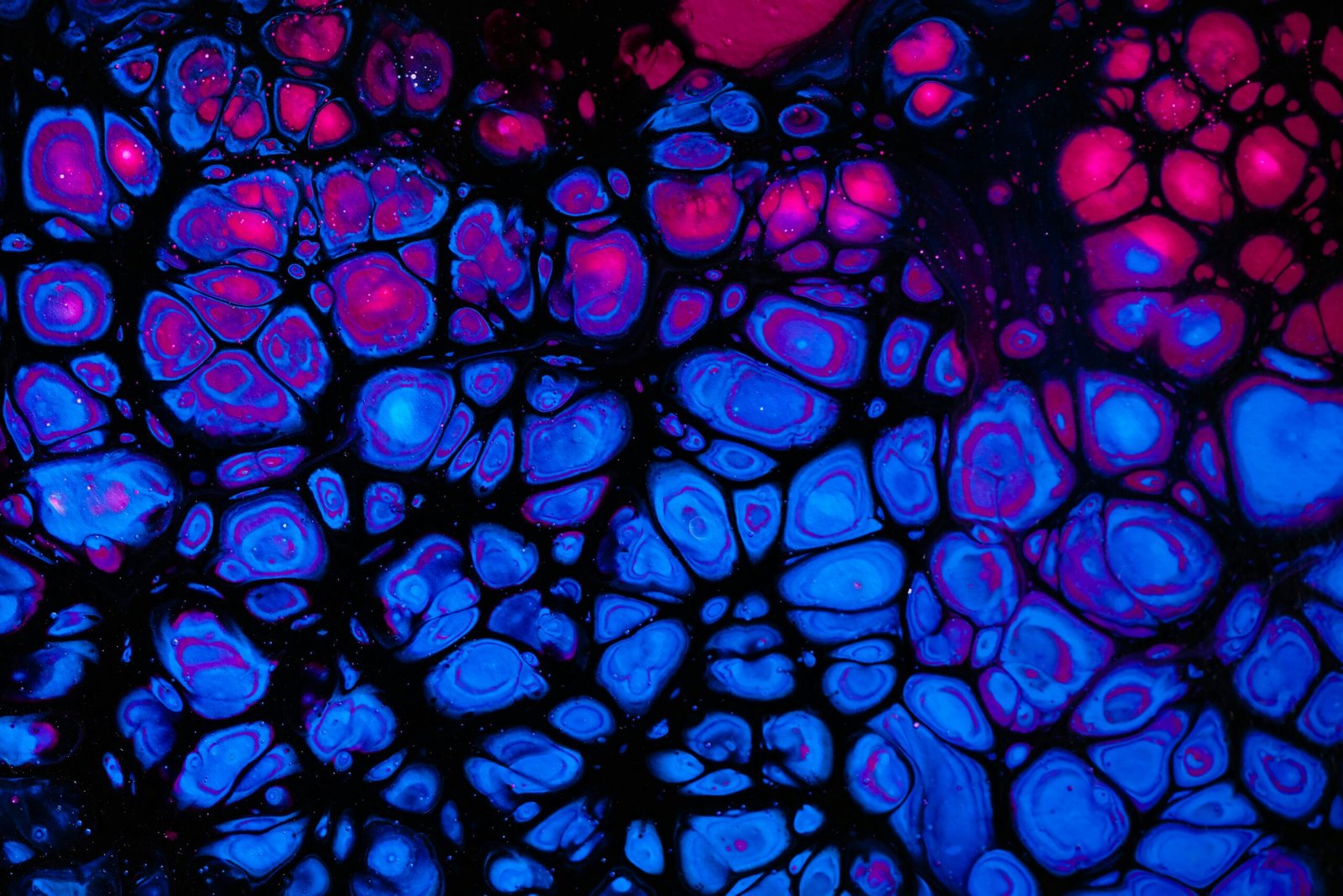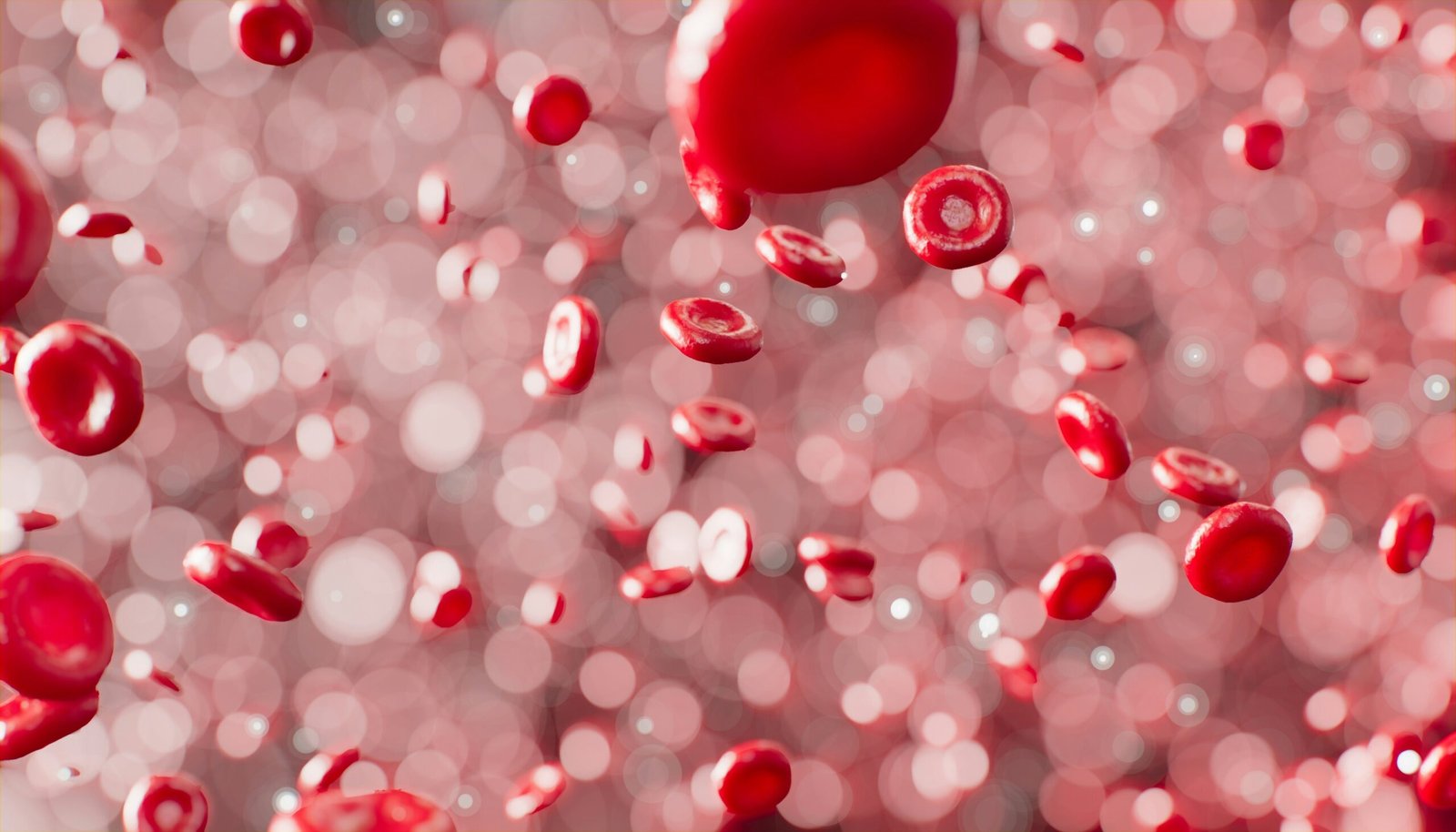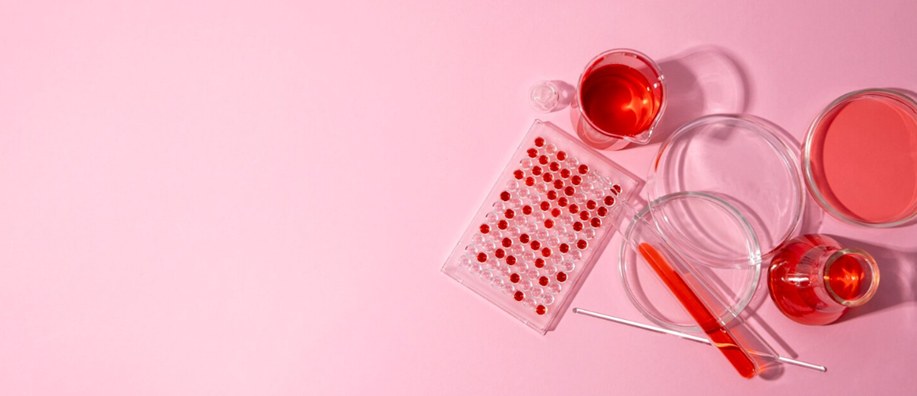Photo by FlyD on Unsplash The Ultimate Instruction Set Pregnancy starts when the sperm fertilizes the egg and the combination…
Read More

Photo by FlyD on Unsplash The Ultimate Instruction Set Pregnancy starts when the sperm fertilizes the egg and the combination…
Read More
Photo by ANIRUDH on Unsplash What are Stem Cells? Stem cells are undifferentiated cells with the unique ability to develop…
Read More
Placenta storage typically refers to the collection and storage of various components of the placenta, such as placental tissue, cord…
Read More
Cord Blood Banking From Copernicus to Boyse It seems to be a story as old as time, a lone scientist,…
Read More